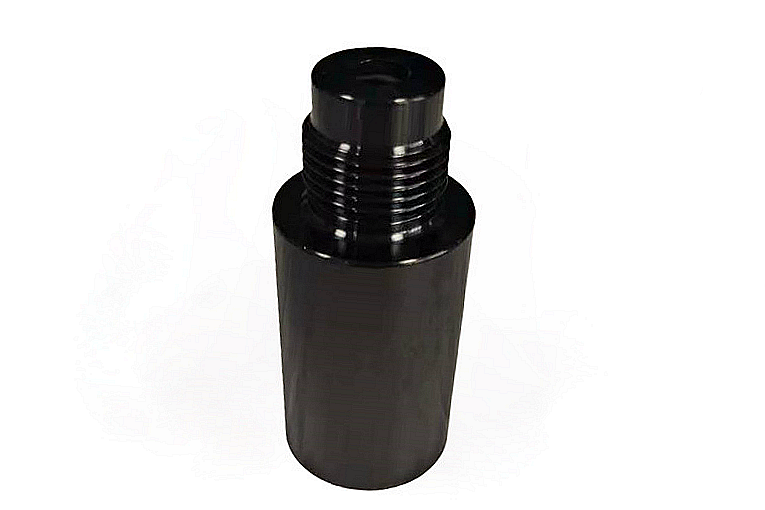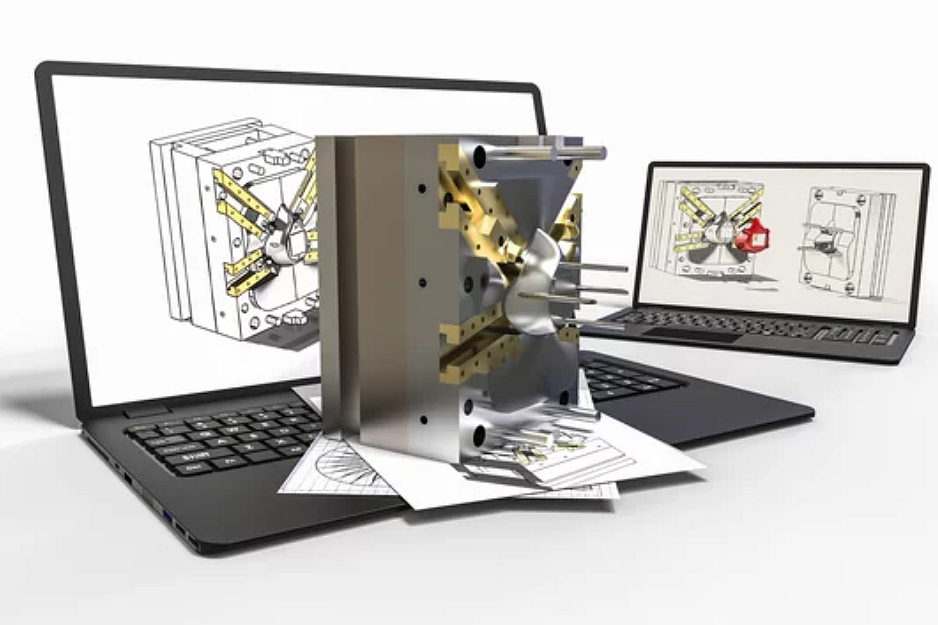Silicon Nitride (Si3N4) Ceramic Injection Molding (CIM) service
Silicon Nitride Ceramic Injection Molding (CIM Si3N4) service is a cutting-edge manufacturing approach that capitalizes on the exceptional properties of silicon nitride ceramics. In this innovative process, powdered silicon nitride is meticulously mixed with binders and injected into precision molds, where controlled heating and sintering occur. It combined the high precision and complexity of the injection molding process and the excellent properties of the Silicon Nitride Ceramic.
Key features of CIM Si3N4 include its exceptional mechanical strength, excellent wear resistance, and remarkable thermal shock resistance. This ceramic material combines these attributes to offer a versatile solution for applications demanding robustness under challenging conditions. CIM Si3N4 is renowned for its ability to withstand high mechanical stresses, resist wear and abrasion, and maintain its integrity even when exposed to rapid temperature changes.
CIM Silicon Nitride (Si3N4) Typical Properties
Physics and Mechanical Properties
Properties | Fracture Toughness | Flexural Strength | Impact Strength | Hardness | Young's Modulus | Elastic Modulus | Thermal Expansion | Compressive Strength | Density |
(MPa√m) | Mpa | (J/m) | (HRA) | (GPa) | (GPa) | (10^-6/°C) | (MPa) | g/cm³ | |
CIM Silicon Nitride (Si3N4) | 6.5 | 800 | 7.5 | 92 | 290 | 320 | 3.2 | 3000 | 3.2 |
Key Features And Applications of CIM-Si3N4 Parts
Fracture Toughness
The High Fracture Toughness of CIM-Si3N4 parts is a remarkable characteristic, measuring at 6.5 MPa√m. This value signifies their exceptional resistance to crack propagation and fracture, making them highly reliable even in environments prone to mechanical stresses and impacts.
Silicon Nitride (Si3N4) CIM parts with High Fracture Toughness find critical applications in industries where structural integrity is paramount. In the aerospace sector, they are utilized in turbine components, where the ability to withstand vibrations, thermal cycling, and mechanical loads is crucial. In automotive applications, Si3N4 parts contribute to engine components, such as pistons and valves, where they endure high temperatures and mechanical stresses.
Flexural Strength
The High Flexural Strength of Si3N4 injection molded parts is remarkable, typically exceeding 700 MPa. This attribute signifies their capacity to withstand bending forces and resist deformation under applied loads, making them ideal for applications demanding structural integrity and load-bearing capabilities.
In the manufacturing industry, Si3N4 parts excel as inserts, end mills, and wear-resistant components that endure substantial mechanical stresses during machining processes. In aerospace, they contribute to engine components and turbine blades, where mechanical strength and reliability are crucial. Similarly, the automotive sector relies on Si3N4's flexural strength for engine components and bearings that experience dynamic mechanical forces.
Impact Resistance
Silicon nitride ceramics are renowned for their exceptional toughness, resulting from intergranular phase content and grain boundary reinforcement. These factors enable the material to absorb and dissipate impact energy effectively, preventing crack propagation and fracture. The presence of elongated grains, along with a fine-grained matrix, contributes to the overall impact-resistant nature of Si3N4 parts, allowing them to endure sudden forces and shocks without compromising their structural integrity.
Applications of Silicon Nitride (Si3N4) injected molded parts that benefit from their high Impact Resistance include wear-resistant components in industrial machinery, cutting tools, and bearings.
Hardness
Si3N4 injection molded parts exhibit high Hardness due to their intrinsic properties and unique microstructure. Silicon nitride ceramics have a covalent atomic bonding structure, contributing to their exceptional hardness. The strong bonds between silicon and nitrogen atoms result in a dense and rigid material structure. Additionally, the fine-grained microstructure of Si3N4 ceramics enhances their hardness, as the smaller grain size restricts dislocation movement, making it difficult for cracks to propagate.
Hardness applications of Silicon Nitride (Si3N4) injected molded parts include precision bearings, cutting tools, and wear-resistant components in industrial machinery.

Thermal Stability
Si3N4 injection molded parts possess excellent Thermal Stability due to the inherent characteristics of silicon nitride ceramics. Si3N4 has a high melting point and excellent resistance to thermal expansion, making it capable of withstanding extreme temperature variations without significant dimensional changes.
The Thermal Stability applications of Silicon Nitride (Si3N4) injected molded parts include high-temperature components in gas turbines, heat exchangers, and automotive engines. Si3N4's ability to withstand thermal cycling, rapid temperature changes, and exposure to high temperatures without degradation makes it a preferred material for applications where thermal stability is paramount.

Consultative Design Services
Neway Custom Metal Injection Molding Service provides free Consultative Design Services throughout the process. This includes all processes from your design stage to mass-produced finished products.
1. Material selection Consult
2. Structural design service
3. Mold design service
Contact us now if you are interested.
What We Can Offer?
We offer free material selection and consultative design services from beginning to end. No MOQs, Rapid prototyping, and mass production are our strengths.
评论
发表评论